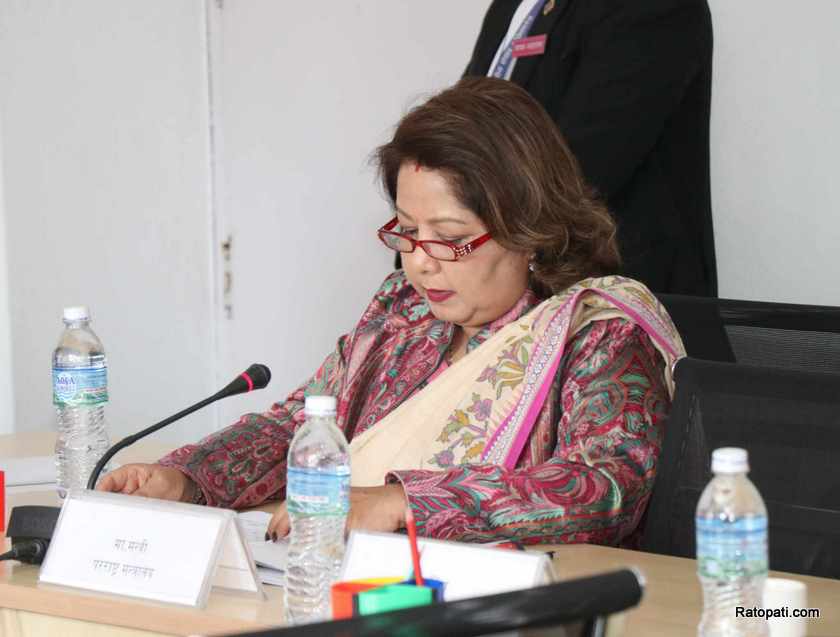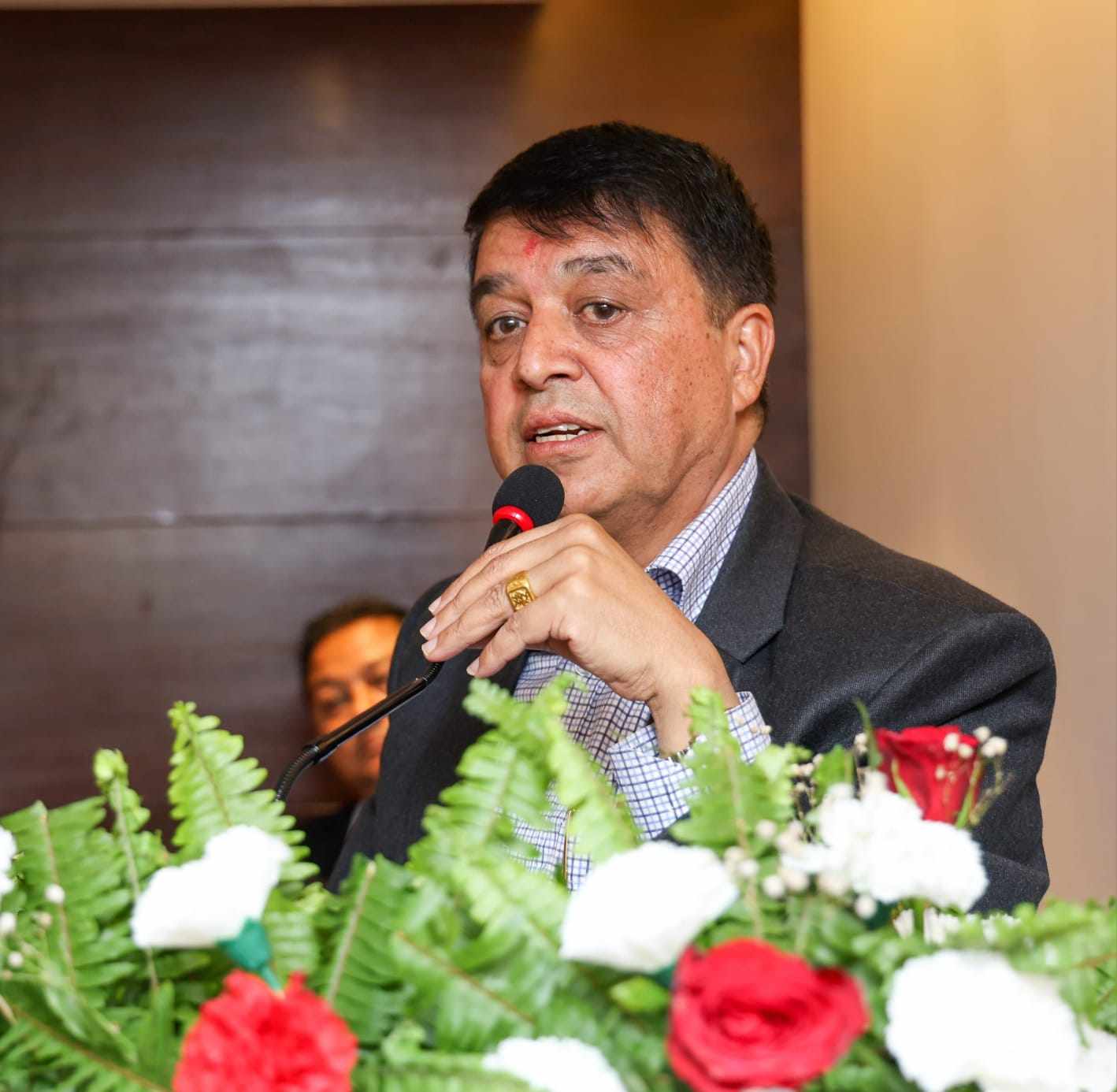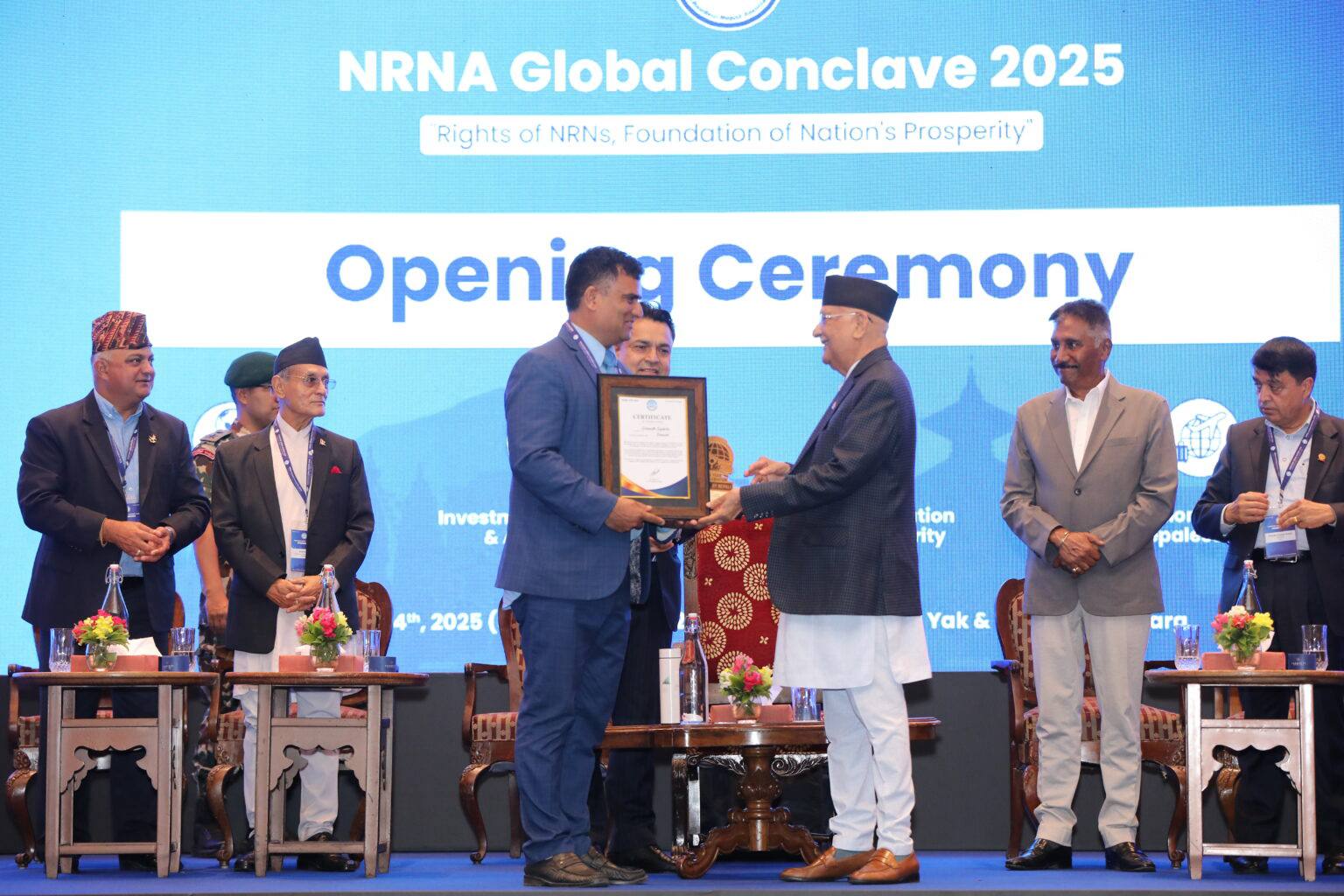MCC is tabled in parliament. What is next?

KATHMANDU, Feb 21: The government on Sunday tabled the Millennium Challenge Corporation-Nepal Compact (MCC) in parliament despite huge public outcry and protests.
The main opposition party, CPN-UML has not made its position regarding the MCC so far and members of the ruling alliance share different views on the agreement. Cadres of the CPN (Maoist Center), a key member of the ruling alliance, have taken to streets opposing the MCC ratification.
As the compact has already been tabled in parliament, here is what the MCC requires to be ratified:
Article 279 (1) of the Constitution of Nepal states that the ratification of, accession to, acceptance of, or approval of, treaties or agreements to which Nepal or the Government of Nepal is to become a party shall be as provided for in the Federal law.
- General discussion regarding the ratification of, accession to, acceptance of, or approval of the compact in the next parliament meeting as per House of Representatives Regulations (2075)
- Discussion regarding provisions of agreement or agreement itself or let the concerned committee to study the agreement
- As the deadline for the ratification of the MCC is nearing, the parliamentary committee is unlikely to be asked to conduct the study as it will be time consuming. So the government is very much likely to conduct discussions and study in parliament itself.
Does the MCC require a general majority or two-third majority to be ratified?
As per the Constitution of Nepal, four types of treaties or agreements require a two-third majority for ratification.
They are:
a) peace and friendship
(b) defense and strategic alliance
c) boundaries of the State of Nepal, and
d) natural resources, and the distribution of their uses.
Also, the Article 279 (2) also states that if any treaty or agreement is of an ordinary nature, which does not affect the nation extensively, seriously or in the long term, the ratification of, accession to, acceptance of, or approval of, such treaty or agreement may be made by a simple majority of the members present in a meeting of the House of Representatives.










Leave Comment